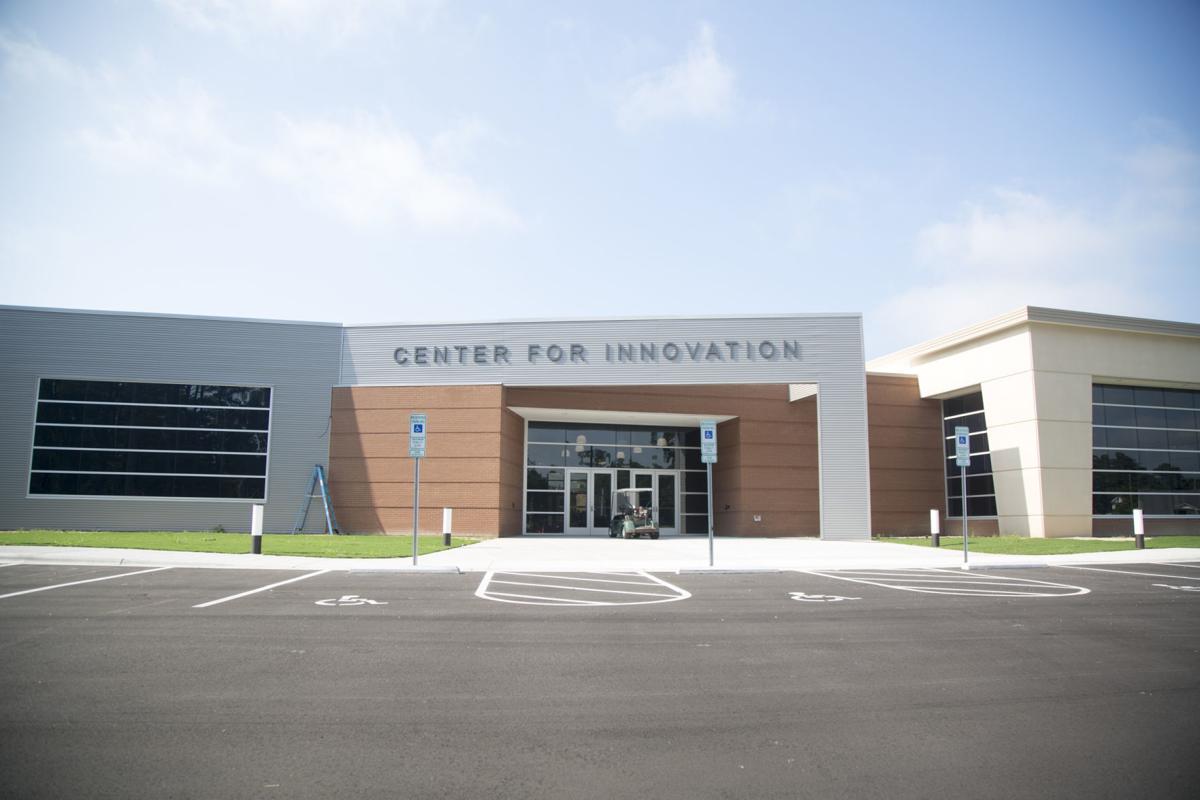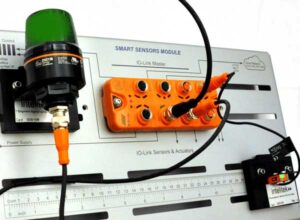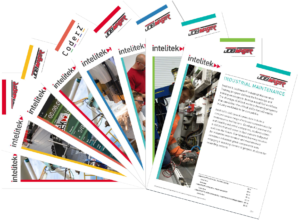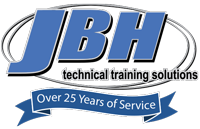Community colleges have a long history of innovation. They’re used to pivoting quickly and creating new programs or adapting the ones they already have to meet the rapidly changing needs of employers.
The impact of Industry 4.0 technologies and methodologies on advanced manufacturing presents another such inflection point. As manufacturing undergoes significant transformation, colleges need to adjust their traditional approach of teaching discrete skills independently of each other.
No more silos
Not that long ago, most factory processes ran separately. There were workers who handled the electrical components, a different set of workers who operated and maintained the mechanical equipment, and a third set of employees who programmed the computers and machines.
In modern manufacturing, everything is interconnected and co-dependent. The automated robots on today’s factory floors interact with the machines in a combination involving electrical, mechanical, and digital components, and the technicians who maintain them must be skilled in each of these areas.
What’s more, factory processes are all interrelated, with smart machines communicating with each other at every step of the manufacturing process. A robot never works in isolation; it’s connected to other devices and processes. In a logistics environment, for instance, a robot might be programmed to move things.
But to do so, the robot controller must communicate with the programmable logic controller (PLC) that is collecting information from smart sensors to inform the robot when there is something to move and identify the component using RFID or barcodes. The PLC also interacts with the inventory management system to tell the manager that the robot has collected and moved the part from storage to shipping.
The employees who oversee these processes must understand how they all work together. There is no such thing as a technician who only does one job anymore.
How colleges must adapt
So, what do these changes mean for community colleges? While students might learn about the various aspects of advanced manufacturing in separate classes, they need opportunities to apply these skills within a hands-on, integrated environment, so they can see how these skills work together in an authentic context.
Multidisciplinary projects that replicate the challenges and scenarios found in modern manufacturing provide an opportunity for students to learn how cross-functional systems operate. Intelitek offers multidisciplinary “capstone” projects that bring together all of the different skills and technologies that students need to learn within a single, integrated manufacturing setting.
For instance, our SmartCIM 4.0 system is a flexible computer integrated manufacturing (CIM) scenario designed to teach all of the skills involved in running a production line. SmartCIM includes mechanical machinery, electrical systems, robotics, motors, data sensors, and software—all of the components of a production line working together. Students have to program the robot, configure the CNC machine, and manufacture parts. They’ve got to make all of these components work together seamlessly. If the system stops working, they have to troubleshoot it.
We have another capstone project called Smart Robotics, which integrates robotics, PLCs, smart sensors, and machine vision systems. Machine vision uses an optical sensor to view and recognize an object with the help of vision software. Typically, this is for quality assurance or sorting.
Our Smart Logistics capstone includes automated storage, packing, and sorting stations and a mobile robot that moves between them. We’re working on a semiconductor manufacturing capstone project as well.
Edgecombe Community College (ECC) in North Carolina has upgraded its manufacturing labs to embrace this integrated, multidisciplinary approach to learning. In January 2020, ECC opened a new Center for Innovation on its Tarboro campus, and the college is using our hands-on CIM curriculum to teach students all aspects of a CIM production cycle—from customer order and inventory control, through automated manufacturing of materials into finished parts, to quality inspection and final delivery.
“We’re tuning even more into local industry needs,” says Doug Parrish, ECC’s department chair of industrial systems and technical trades. Parrish says the redesigned program is preparing students more effectively for modern manufacturing careers.
Time for a new approach for Manufacturing Education
Having a multidisciplinary training program is important because it helps students understand how all of the various aspects within manufacturing work together. Today’s manufacturing employees are doing far more skilled and cross-functional work than ever before—and community college programs must reflect these changes in their own approach.
























